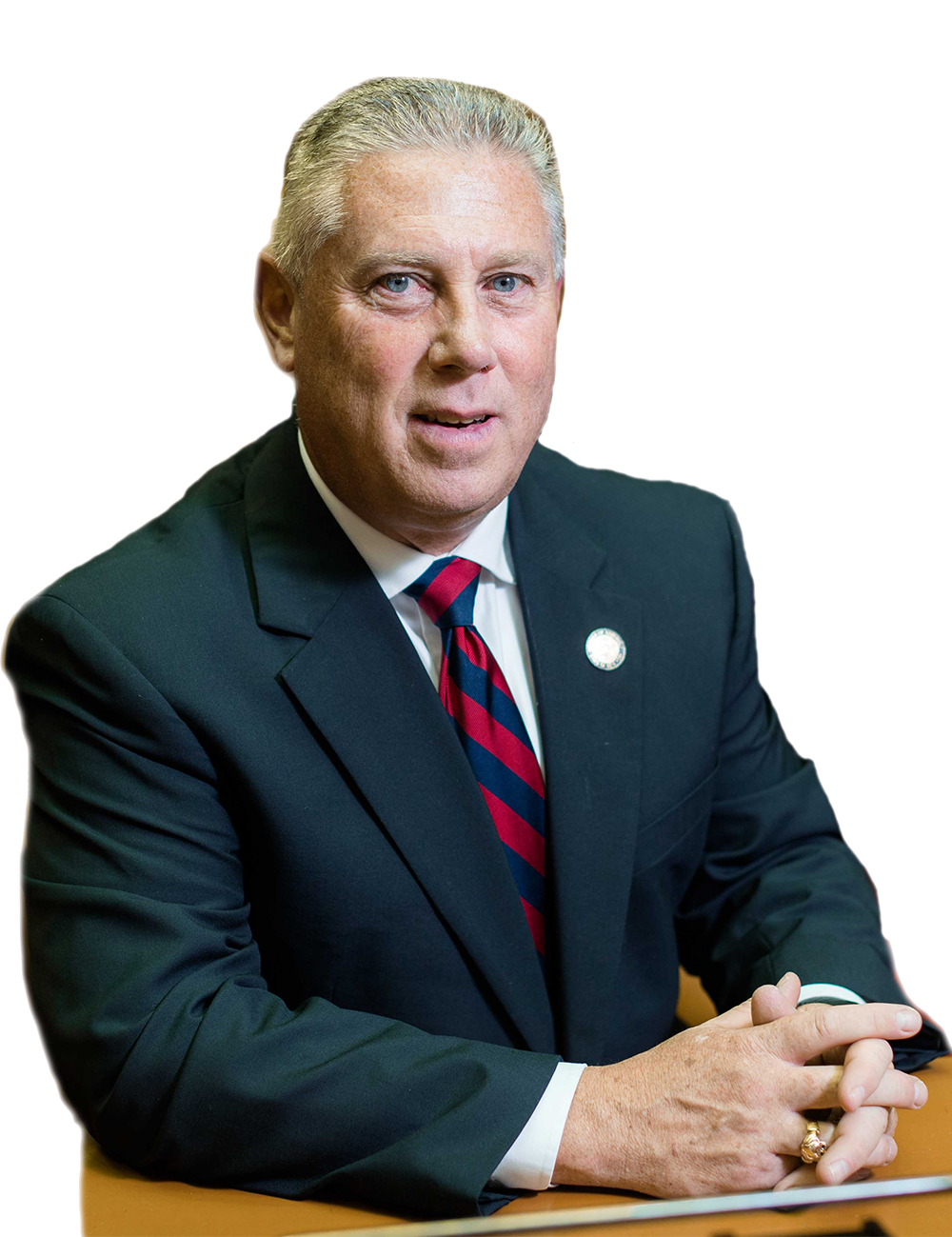Honoring Dr. Martin Luther King Jr. by Words and Actions
Dr. Martin Luther King Jr. was a visionary, a global figure and an icon whose ideas have influenced people for generations since his untimely death. Dr. King dedicated his life to unifying people of all backgrounds and actualizing his dream of a nation where people thrived together in spite of their differences. Every year since 1983, the third Monday in January has been recognized as a federal holiday to commemorate his life, legacy and accomplishments.
Dr. King was instrumental in some of the most impactful nonviolent civil rights demonstrations in our nation’s history. Alongside countless brave men and women, Dr. King led the Montgomery Bus Boycott, the March on Washington in 1963, where he delivered his historic “I Have a Dream” speech to a crowd of over 200,000 demonstrators, and the march across the Edmund Pettus Bridge. He was arrested over two dozen times and had his home bombed by white supremacists, but he never once hesitated in the battle for civil rights.
As we continue our tradition of celebrating Dr. King on what is both a holiday and a national day of service, we must remember that his work is far from finished. The COVID-19 pandemic has revealed and exacerbated stark racial disparities within our health care systems. Black Americans are getting infected and dying of COVID-19 at rates that are more than 1.5 times their relative share of the country’s population.[1] Furthermore, Black Americans are 2.4 times more likely to die of COVID-19 than white Americans, with 33 U.S. states showing higher rates of mortality.[2] In 2020, we also saw renewed protests against police brutality and institutional racism after the deaths of Breonna Taylor and George Floyd, a clear demonstration that this longstanding issue remains as pertinent as ever.[3] Though we have much more work to do, my Assembly colleagues and I are committed to dismantling racism at the root and enacting standard-bearing, progressive policies.
Last year, the Assembly Majority passed sweeping reform laws to help bring about enhanced transparency in regard to law enforcement, hold them accountable and rebuild community-police trust. We passed legislation that opened police disciplinary records to public FOIL requests, banned chokeholds and prohibited racial ethnic profiling (Ch. 96 of 2020; Ch. 94 of 2020; A.4615-A). To fight glaring inequities during the COVID-19 pandemic, we passed laws that provided emergency rent relief to residents (Ch. 125 of 2020), prohibited landlords from evicting tenants for unpaid rent (Ch. 127 of 2020) and prevented utility providers from terminating services to New Yorkers whose income was affected by the pandemic (Ch. 108 of 2020/Ch. 126 of 2020). We also passed a law that requires the Department of Health (DOH) to conduct a study on the health impacts of COVID-19 on minority communities statewide, which would be completed within one year (Ch. 99 of 2020). Systemic racism exacerbates a host of existing issues and it’s critical that we fully understand that dynamic.
Dr. King envisioned a world in which freedom truly rings and people of all backgrounds, races and religions can join hands and enjoy that freedom together. Though we are still fighting to achieve equity, we will always carry on Dr. King’s legacy.
During these tough times, there is no better way to remember Dr. King than by serving your community. This is especially important as the COVID-19 vaccine is becoming available and critically important in underserved communities.We are actively seeking volunteers for the many community clinics that will be underway soon.If you feel you can contribute feel free to sign up at the following website to help your community and to fulfill Dr. King's vision.To volunteer go to NYS Surge & Flex Medical Professionals or click Here.
As always, my door is open if you have questions or concerns about any community issue. Please reach out to me at 518-455-4474 or mcdonaldj@nyassembly.gov
[2] Ibid.
